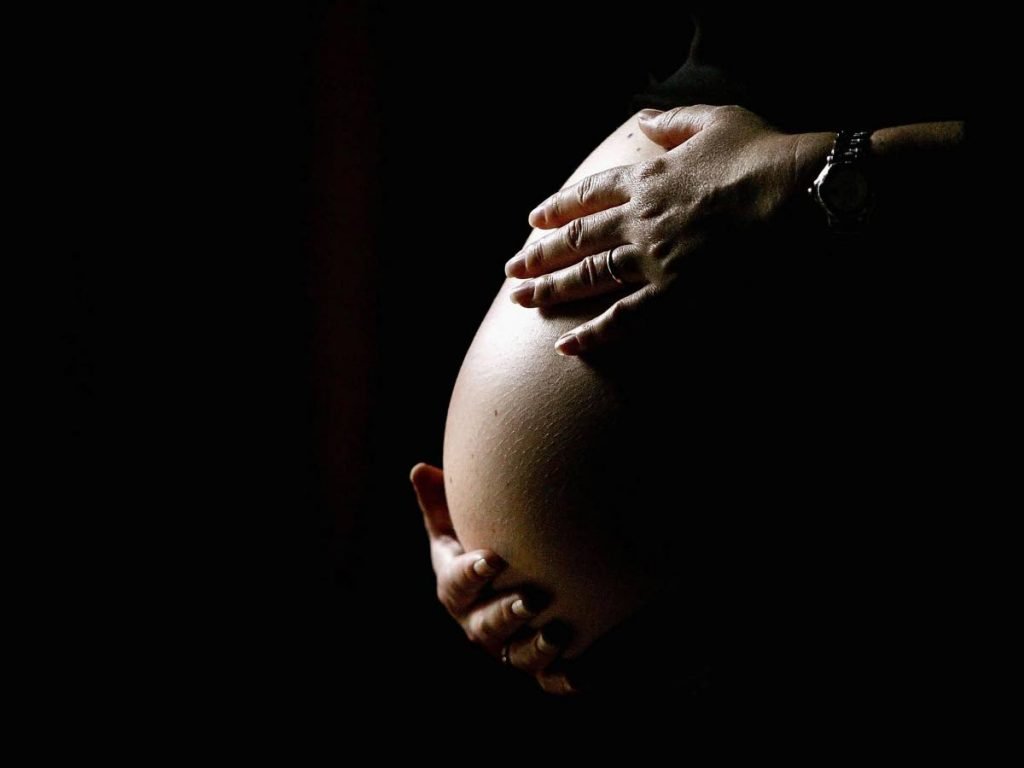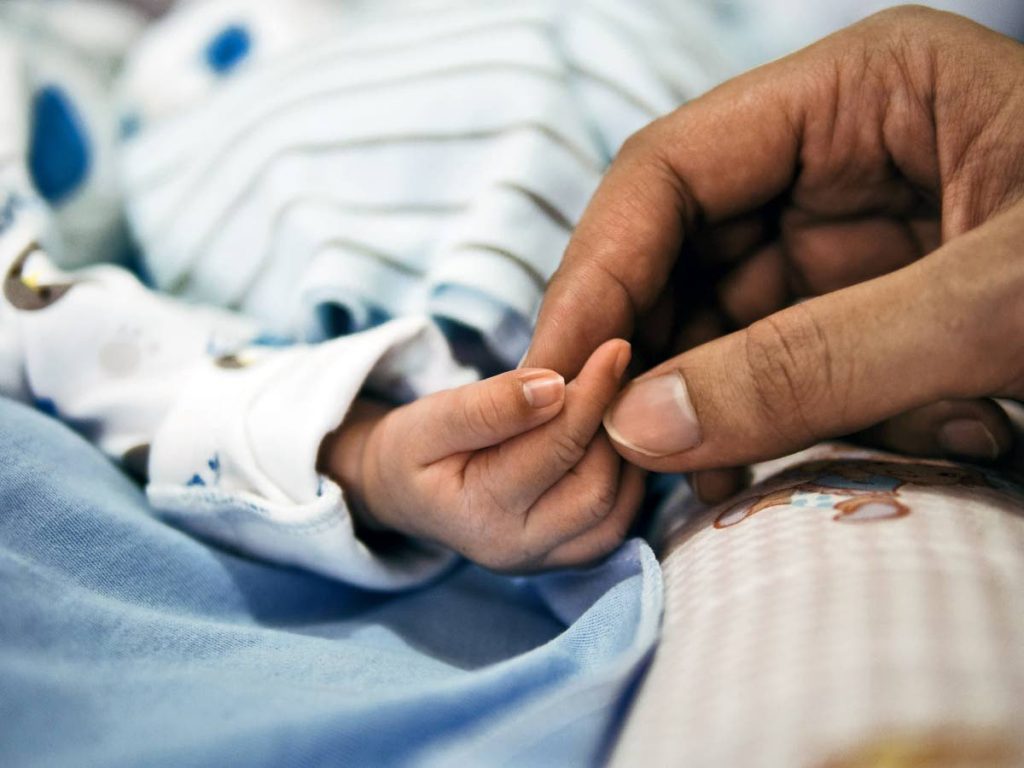No evidence covid19 puts baby at risk

There is yet no evidence of vertical transmission with the novel coronavirus – passing the virus from mother to baby during pregnancy or during birth – but medical director and consultant gynaecologist of the Trinidad and Tobago IVF and Fertility Centre (TTIVF) Dr Catherine Minto Bain is advising pregnant women to still exercise caution.
“When a woman is pregnant, any infection can pass through the placenta and affect the baby. So far that is not being seen with covid19.”
There is also no evidence that the virus increases the risk of a miscarriage, and, according to a Q&A on https://www.rcog.org.uk/, “Some babies born to women with symptoms of coronavirus in China have been born prematurely. It is unclear whether coronavirus caused early labour, or whether it was recommended that the baby was born early in order to preserve the mother’s health.”
Minto Bain told WMN, “It is reassuring. We don’t think it’s any more a risk to a pregnant woman than with someone who is not pregnant. But it’s a new virus so still be extremely cautious.”
As a result, pregnant women have been placed in the “vulnerable” category and should take all the necessary precautions to avoid contracting covid19, especially by practising social distancing.
She said women in their third trimester, more than 28 weeks pregnant, should keep direct contact with others to a minimum, especially if they have underlying medical conditions.
Women in their first or second trimester, less than 28 weeks pregnant, and without underlying health conditions can continue to work in public spaces but must remember to take all the necessary precautions, including practising social distancing.
But the expectant mothers who must adhere to the safety protocols to the letter, she emphasised, are those in the frontline, championing the fight against the virus.
“The really difficult group is pregnant doctors and nurses, who are exposed to the virus.” She said these healthcare workers should, where possible, avoid caring for patients with suspected or confirmed coronavirus infection. “If this is not possible, they should use personal protective equipment,” and do a thorough risk assessment.
Earlier this month, the TTIVF took a decision to immediately desist from beginning any new fertility treatment cycles for patients and closed the Maraval and Charlieville clinics. Minto Bain said this was one of the measures being implemented to try to keep patients, their families and the general public safe.
She explained that while the health of the unborn baby may not be directly affected by the virus, if the spread of the virus causes a strain on the health care system, the already stretched medical resources may not be readily available if there is difficulty later in the pregnancy.
“In a few months,” she said, depending on how the situation develops, “you may not have access to the care you need because the doctors, nurses and equipment may be needed to treat with urgent covid19 cases.
“All ventilators may be in use, and say, for instance, you need to have a C-section, and there are no doctors readily available to look after you.”

She said international clinics too have been closing their doors because it is the responsible and ethical thing to do.
“I’ve been hearing from colleagues abroad that it is a serious and very dire situation. We are lucky at the moment that we can do so much to prevent it getting like that here. Our healthcare system is already becoming overburdened and what we do now will determine what happens here in TT.”
She said the closure of the TTIVF may go into October depending on how the spread of the virus unfolds.
“We are continuing to follow updates and protocols advised by the World Health Organisation, the Centre for Disease Control, the Ministry of Health and other credible agencies to best ensure everyone’s safety. We will continue to closely monitor covid19 developments, so that fertility treatments can resume as soon as it is safe.
“We’ll see how it affects us and what happens when we come out on the other side.
But Minto Bain said although the closure is directed mainly at clients wanting to begin new cycles, she is recommending to women already in the middle of a cycle to freeze their eggs and attempt pregnancy when it is safer to do so. This will be facilitated at the Medical Associates clinic, St Joseph.
“Some clients have already begun growing their eggs and we are giving them the option of freezing their eggs. The centre has begun contacting each client personally to discuss their options. We hope that in the next week to three weeks we will be finished with that treatment and be closing off.”
Cancer patients too, need not worry.
“We are still allowed by our ethics committee to do treatment for cancer patient. So, we are facilitating sperm and egg freezing.”
She said clients attending the clinic in St Joseph will be screened.
“If they are coughing, have a sore throat, fever, runny nose, shortness of breath or have difficulty breathing we ask them to stay home and call in.
“All consultations will now be online, and all semen analyses will be by drop-off samples only,” Minto Bain said.
She is optimistic the country will fare well once the public follows the protocols.
Covid19 prevention tips
• Regular hand washing.
• Use a tissue when you or anyone in your family coughs or sneezes, discard this and wash your hands.
• Avoid contact with someone who is displaying symptoms of coronavirus. These symptoms include high temperature and/or new and continuous cough.
• Avoid non-essential use of public transport when possible.
• Work from home, where possible.
• Avoid large and small gatherings in public spaces, noting that pubs, restaurants, leisure centres and similar venues are currently shut as infections spread easily in closed spaces where people gather together.
• Avoid gatherings with friends and family. Keep in touch using remote technology such as phone, internet, and social media.
• Use telephone or online services to contact your doctor or other essential services.

Comments
"No evidence covid19 puts baby at risk"